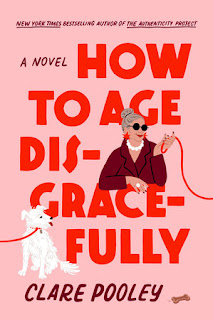July 14, 2024
Chief Robert Joseph. NAMWAYUT: WE ARE ALL ONE. A PATHWAY TO RECONCILIATION. PageTwo, 2022.
Reading this man's life story puts me in awe. What a wonderful person he seems to be. I was aware of the great work his books and his training company do although I still worry that the idea of Reconciliation is used as a way to help companies and corporations convince Indigenous groups to partner with them. There seems to be no suggestion of how Indigenous values may be able to influence resource extraction and land development decisions.
Let me check my Post-ITS;
p 95 That reconciliation challenges the concept of European superiority and that other people want to become like Europeans and instead accept that Reconciliation means "allowing all of us to be who we authentically are" & to come together and celebrate our differences."
p. 96 "We are more than driftwood. We are an ocean." Stresses the importance of learning to know and love the self and the environment first.
p. 149 aware of the additional challenges faced by women and girls. Violence. Physical, sexual, and emotional.
p. 169 suggests that focus on specific issues around land use and claims is a way of NOT addressing the substantive issues--racism, colonialism, fear, and violence.
p. 178 All the people that come to Canada, every race and religion, "they all have a story to tell. We [IP] like to applaud ourselves for being open to these newcomers despite the wall we have created of wrongful assumptions, prejudice, and racism. This wall exists because we have lost sight that everybody has a story." We caution newcomers: "Be true to yourselves. Do not lose your soul in assimilation in the name of 'being Canadian'. Bring your foreign languages and your ancient rituals and practices with you. We are not frightened nor challenged by your diversity and resourcefulness."
p. 179 "We have to begin to know that we are not just us alone. ...that we are not just responsible for ourselves, but to everybody else. We have to begin to know that we have to stop the politicization of our responses and become human beings in our ability to listen and learn from each other."
p. 220 Decolonization means: "Finding our home, living in our own skin, embracing who we are, and honouring our authentic selves are all a critical part of this, so it doesn't matter how much prejudice or wrongful assumptions come your. way.
You know who you are.
Your values and principles are right there with you. You have a sense of dignity and belonging that will never fade."
Although these words seem directed towards Indigenous Peoples, they also apply to the rest of us. We all have to know what is important to us, and what we are not willing to permit and tolerate any longer, when we see abuses imposed upon others, including the Indigenous People of Canada.














































